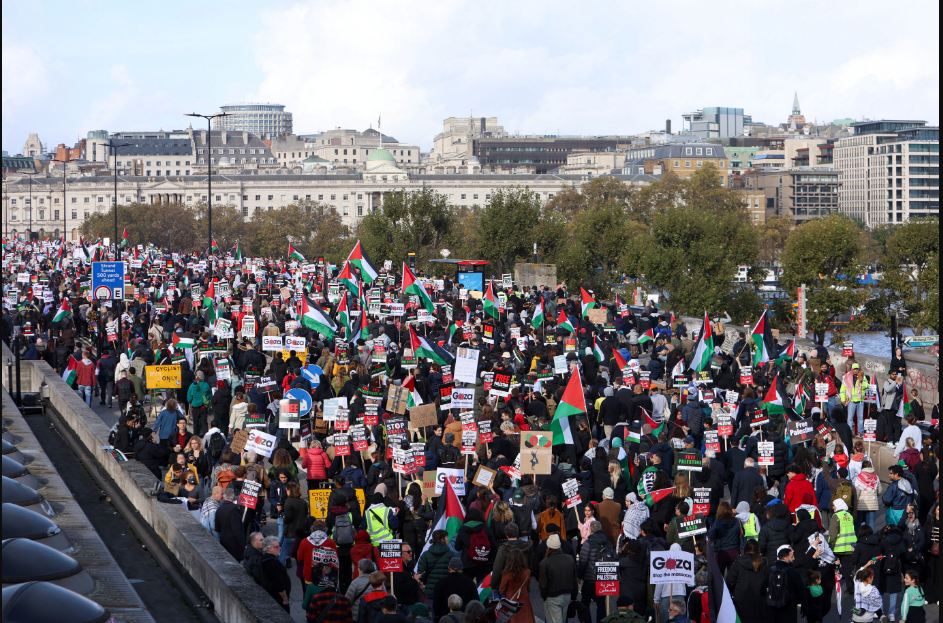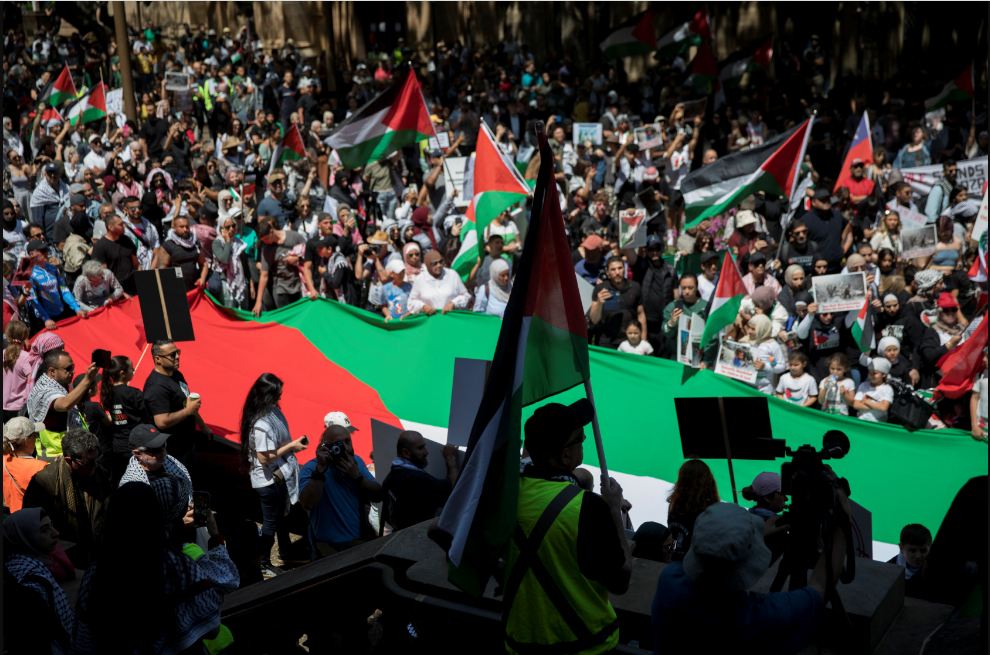Qatar misused WashingtonPost with ‘fake-articles’ to exploit Khashoggi case against Saudi Arabia
After the revelations from The Washington Post which cast doubt on the authenticity and credibility of pieces they published under late Saudi journalist Jamal Khashoggi’s name, analysts are questioning what’s next for the newspaper and how they will handle the fall-out from their coverage.
Last Saturday, The Washington Post published an investigative piece written by two of their national security reporters in which they revealed that Qatar was involved in getting Khashoggi to support their agenda. This was done through Maggie Mitchell Salem, a senior executive official of Qatar Foundation International who drafted and even proposed some of Khashoggi’s articles.
The revelation sparked controversy surrounding the ethics of the profession in the West and shocked the East in terms of the absence of context in the coverage of the writer’s murder. It also ignited a debate regarding Qatar’s infiltration of western media and exploitation of the latter to hurt its neighbors and empower the Muslim Brotherhood.

The campaign in which The Washington Post used everything that was legal and illegal, whether through unknown leaks, doubtful sources, articles and unjustified claims. They’re also being criticized for leading a moral assassination and a vicious attack, lacking in any objectivity, against any opinion that does not condemn Saudi Arabia.
Doha used a foreign citizen to take a hostile stance against his homeland and deceived one of the world’s biggest newspapers. For example, all those who describe themselves as Saudi dissidents abroad are used by Doha as pawns for its subversive project. It grants them platforms and provides them with the means to attack their own country.
Institutional failure
In its article, Washington Post stressed that the Global Opinions department is independent from the newsroom, which some experts have questioned the veracity. However, they see in this a move to distance itself smoothly from Khashoggi’s work.
They also believe that the outlet would go through a review process that would include the editorial standards.
David Reboi, a consultant in US national security and political warfare, said that he was not surprised by Washington Post revelations.
He thinks that it is a normal outcome of what he called a firehose in Khashoggi’s case.
In an article published on Security Studies Group website, he said: “As the news of Khashoggi’s disappearance and death broke, nearly the entire media was abuzz with praise for the late columnist and engaged in an effort to turn him into a martyr for democratic values” and discredit Saudi Arabia.
He added, “Of course, in order to do this, the media largely ignored salient facts about him that emerged almost immediately, among them rumors about his questionable and financial links to Qatari intelligence… As the Post described him recently, “[Khashoggi was] a writer of modest influence beyond the Middle East when he was alive. In death, he has become a symbol of a broader struggle for human rights. No outlet did more in the service of cementing that symbolism than the Washington Post and its news and editorial staff.”
Matt Brodsky has said before the Post’s fresh revelations, “There are far too many important questions still not being asked, let alone answered, at least not on the major networks and newspapers. After the recent Kavanaugh hearing debacle, this is yet another indication that long after President Trump leaves the stage, the damage most mainstream media has done to itself may be irreparable.
While experts praised The Post’s courage to publish the revelations, they think the campaign to destroy the US-Saudi relationship turned out to be built on the fiction.
They emphasized on reminding that the major source of news about Khashoggi was, Qatar’s Al Jazeera network, and Middle East Eye the outlet with ties to Qatar.
Reboi said that for months, Washington Post, US major media outlets and high-profile “echo chamber” pundits were knowingly assuming the risk of broadcasting false Turkish and Qatari narratives, without adequately informing their readers of the risk being passed on to them.
He added “Now, shockingly, the Washington Post itself has largely revealed rumors to be true. .. It is clear now that, not only was Khashoggi transmogrified in death into a major front in Qatar’s war on its Gulf neighbors; in life, he was Qatar’s asset in that war, as well.



